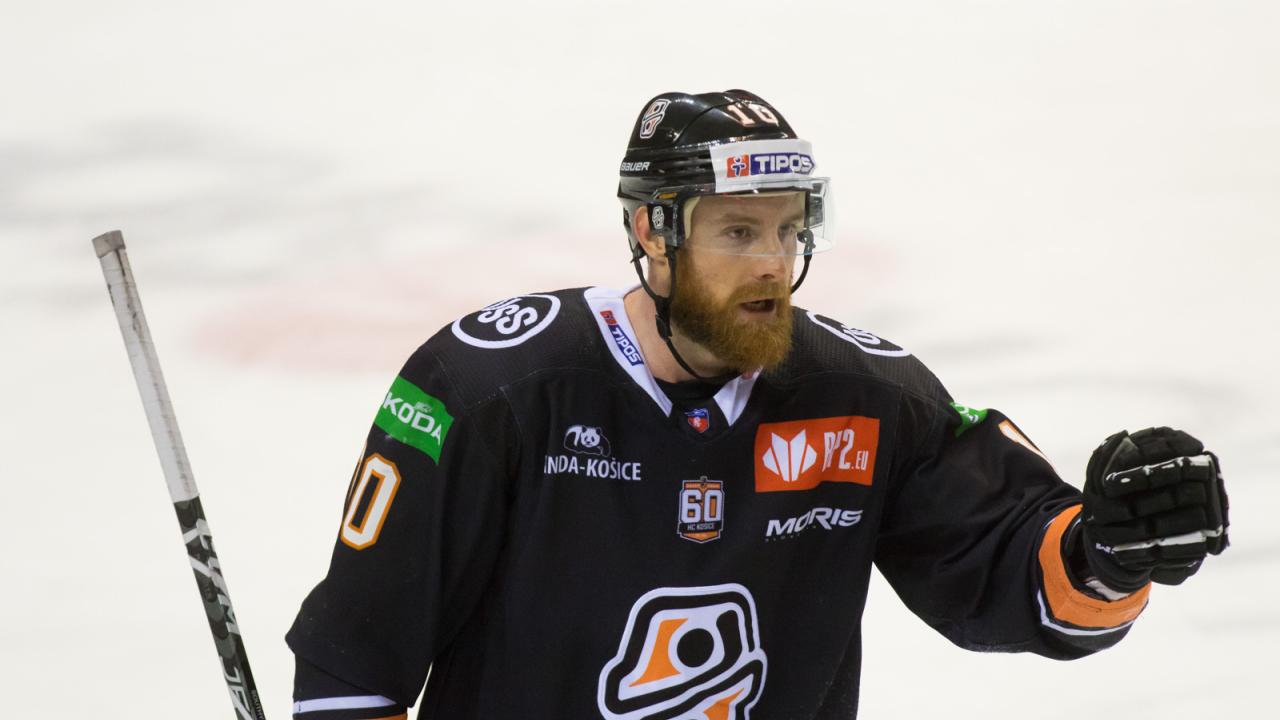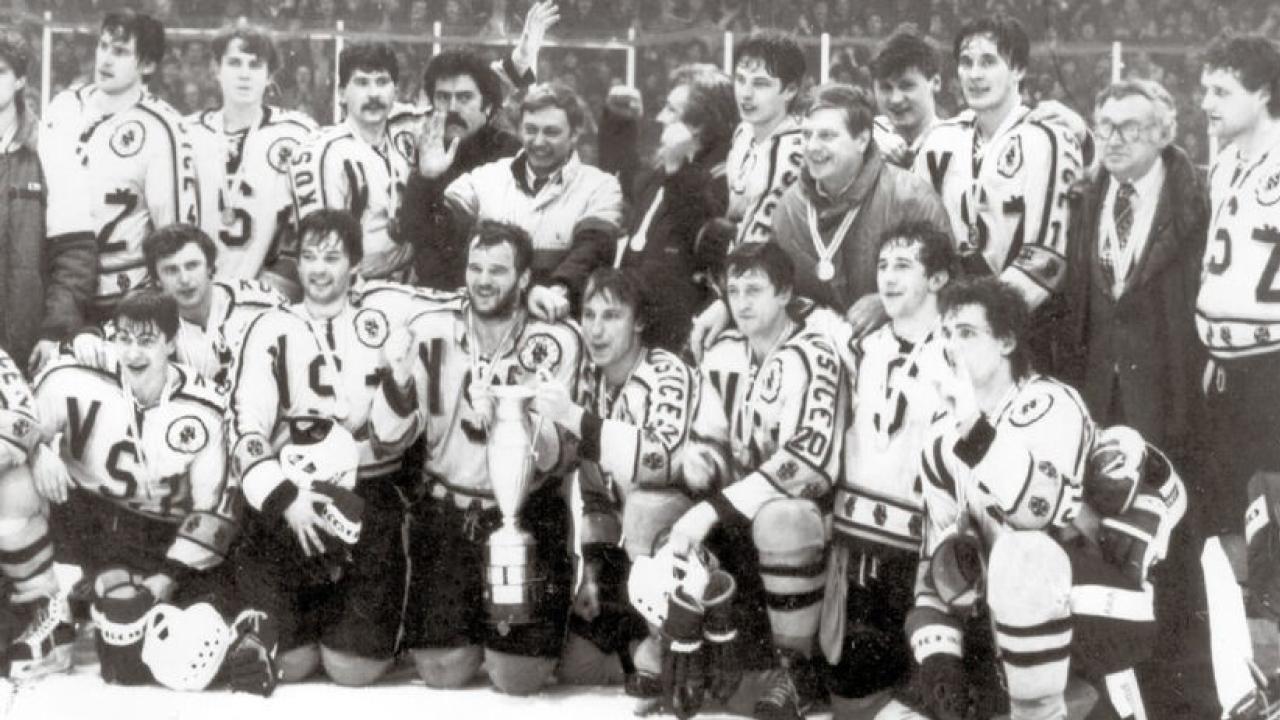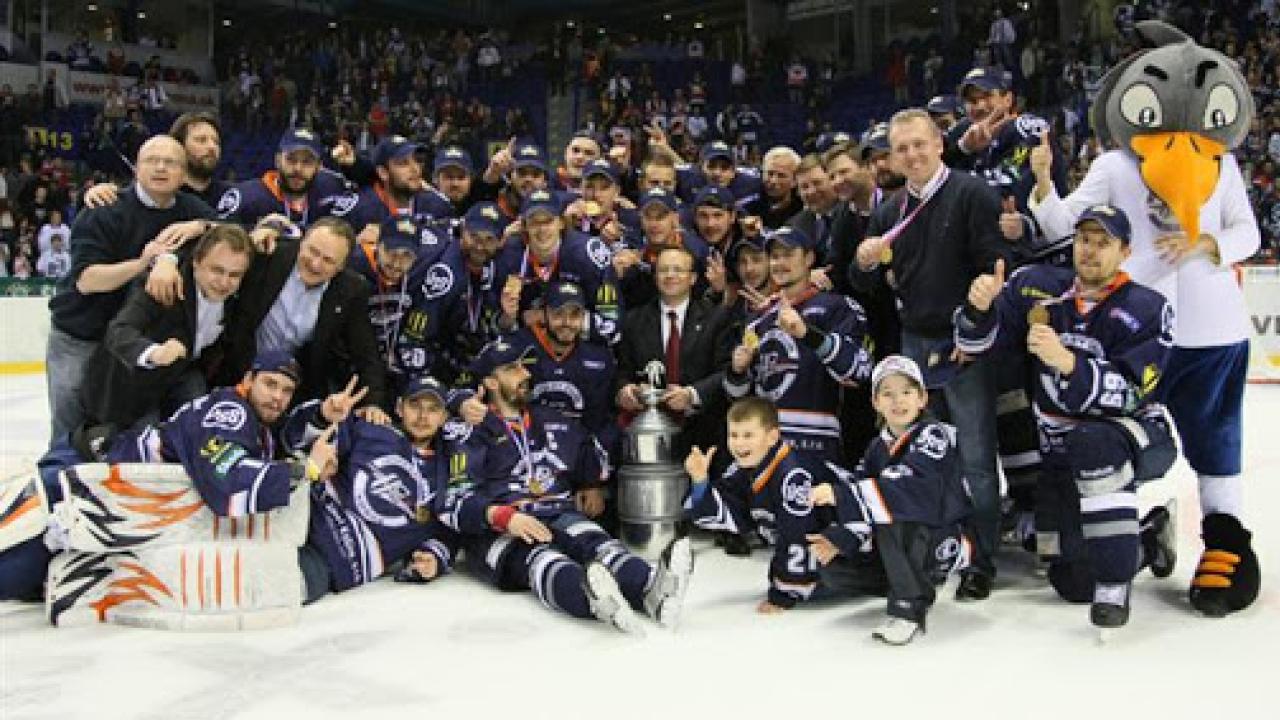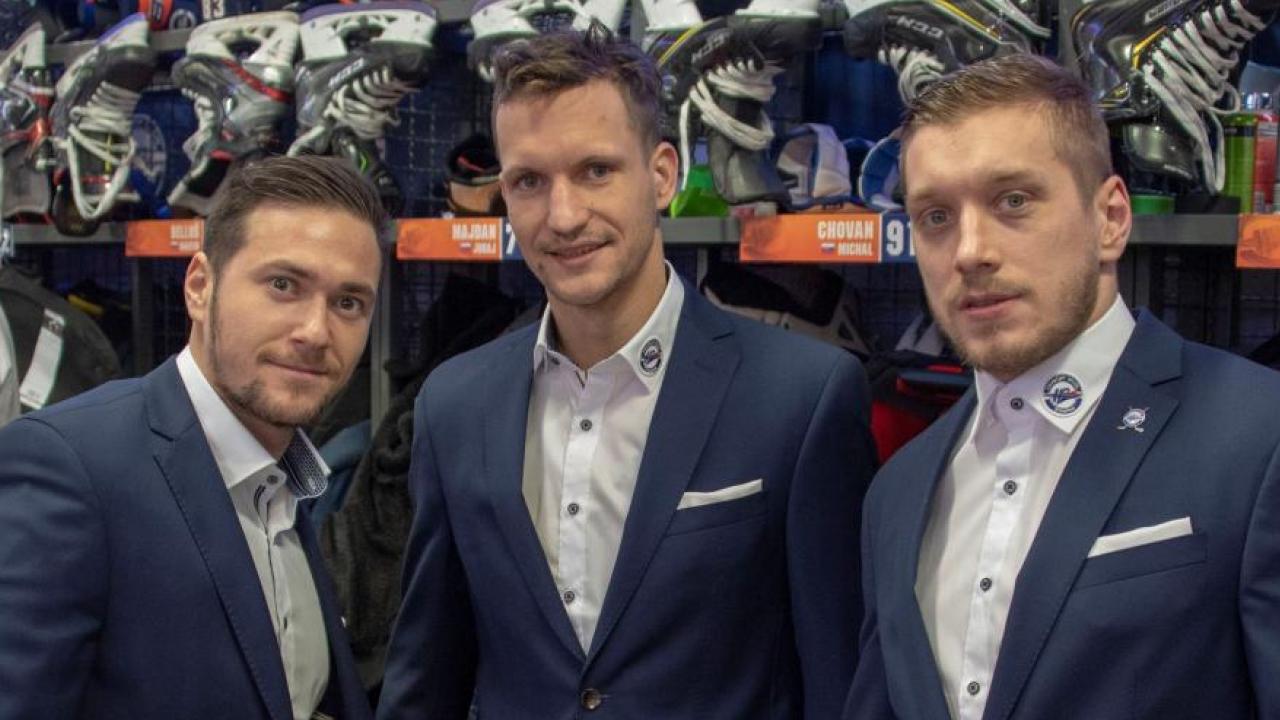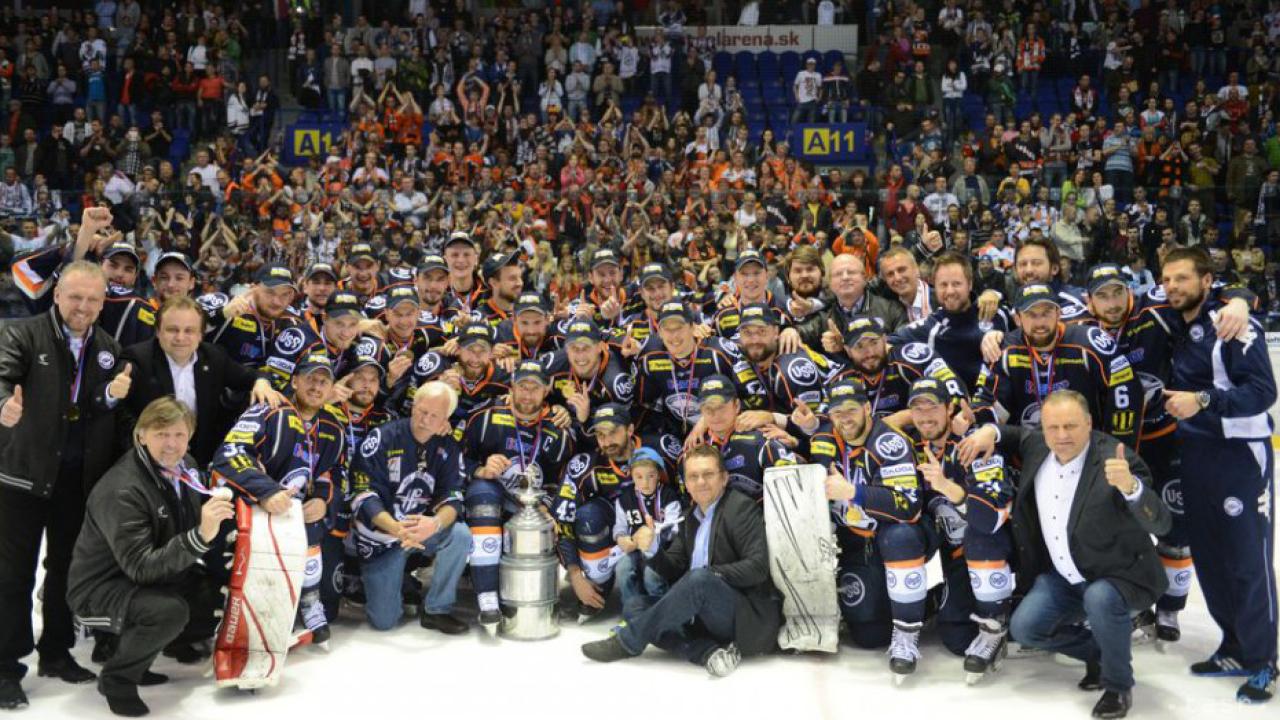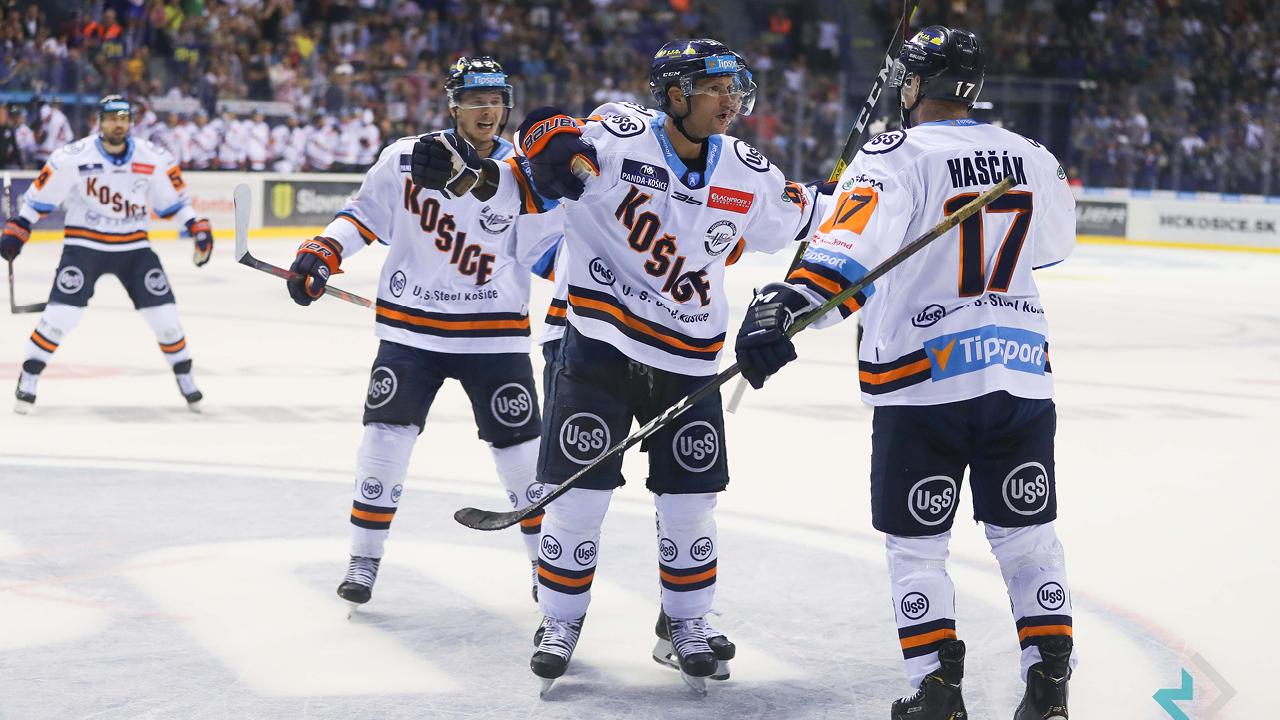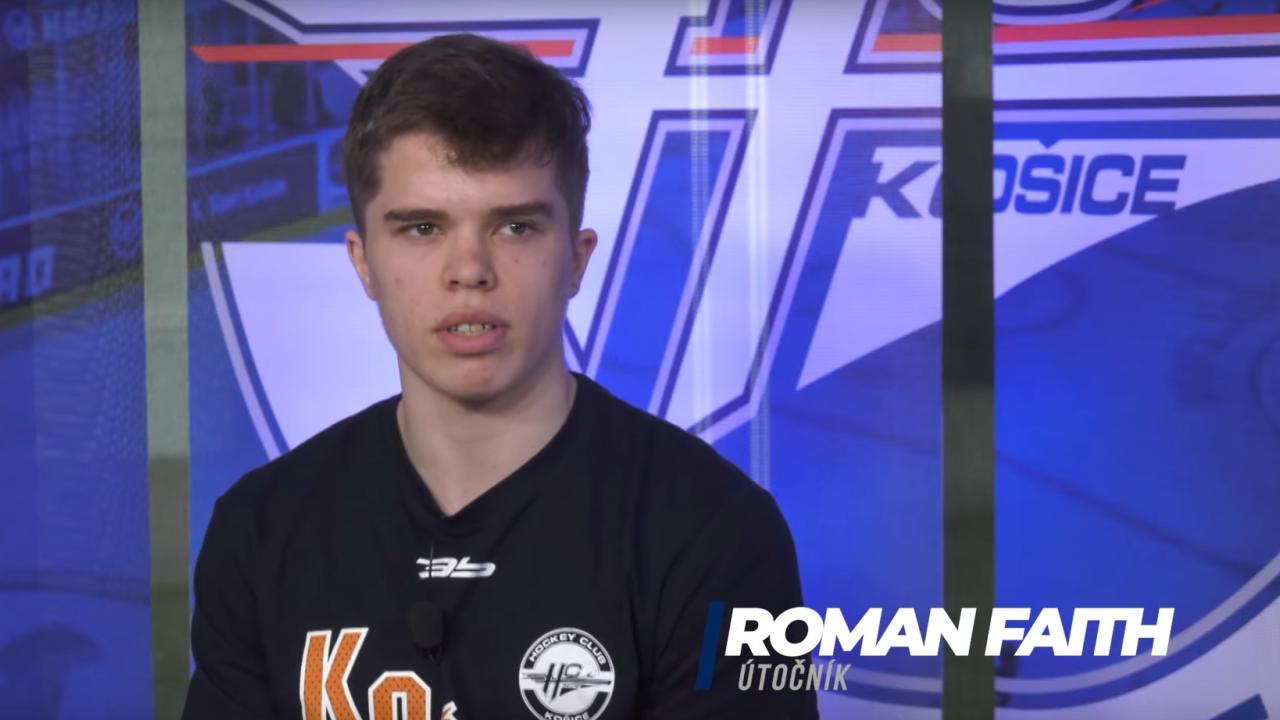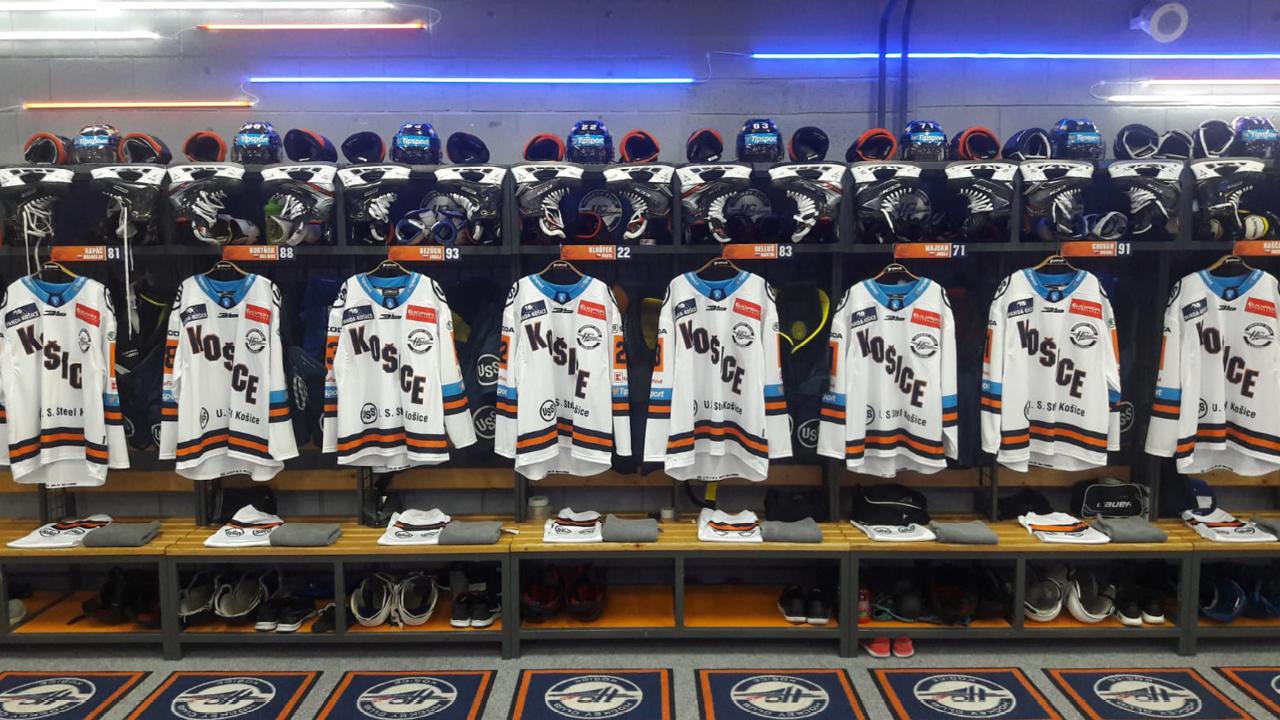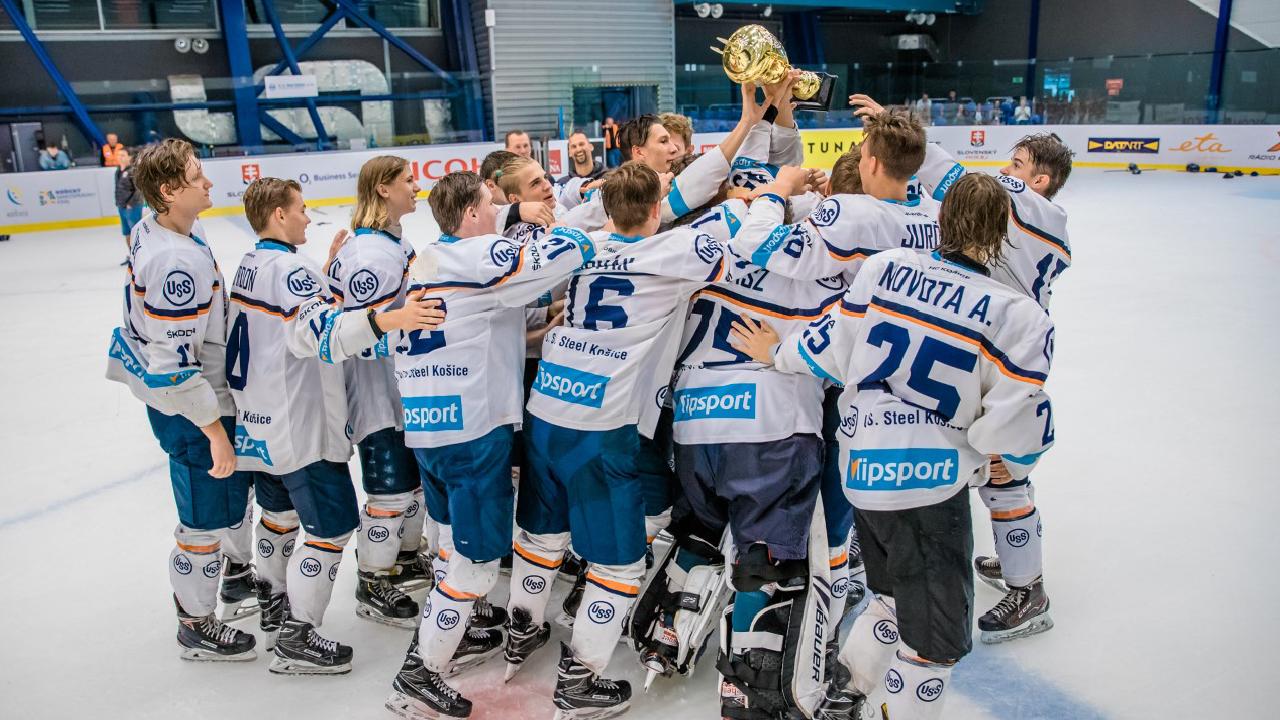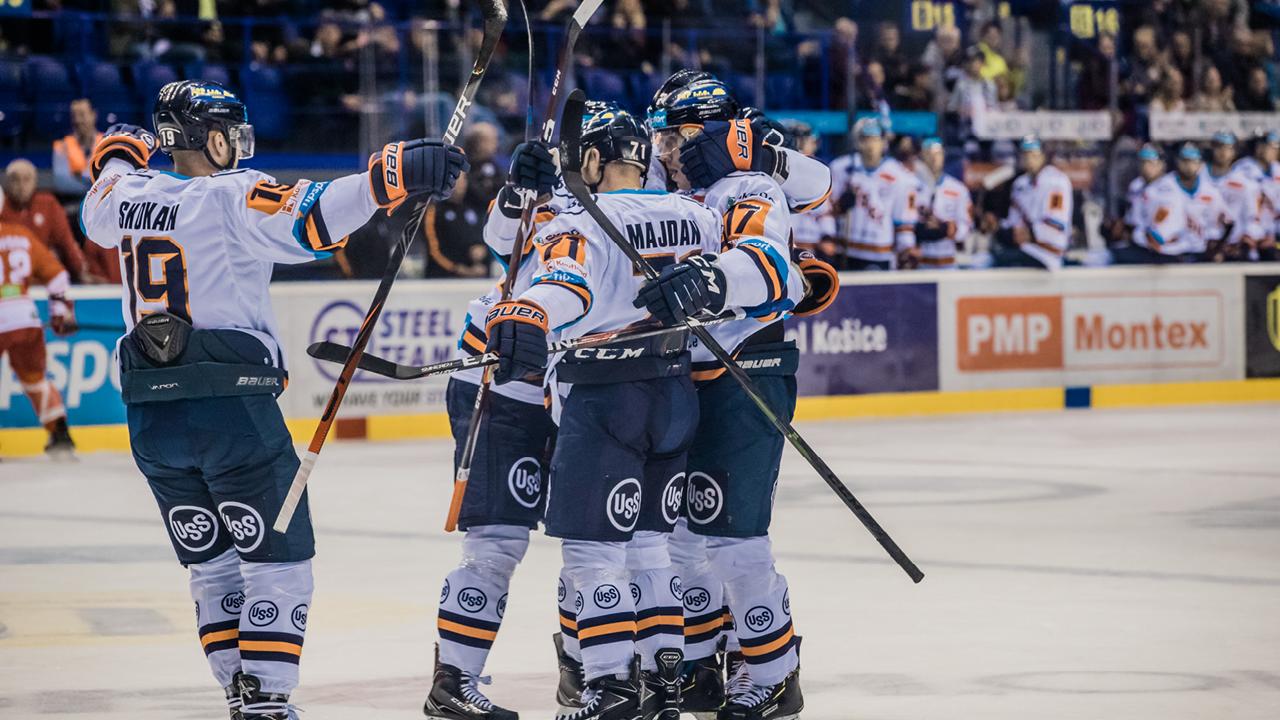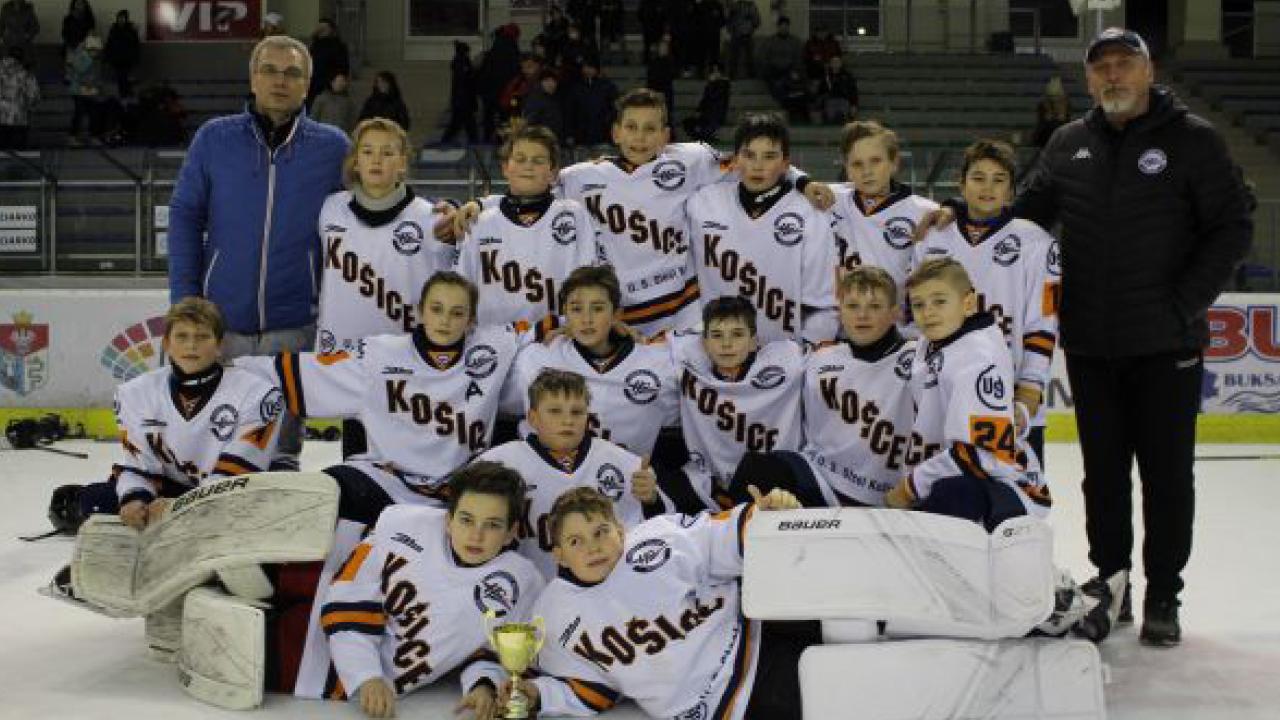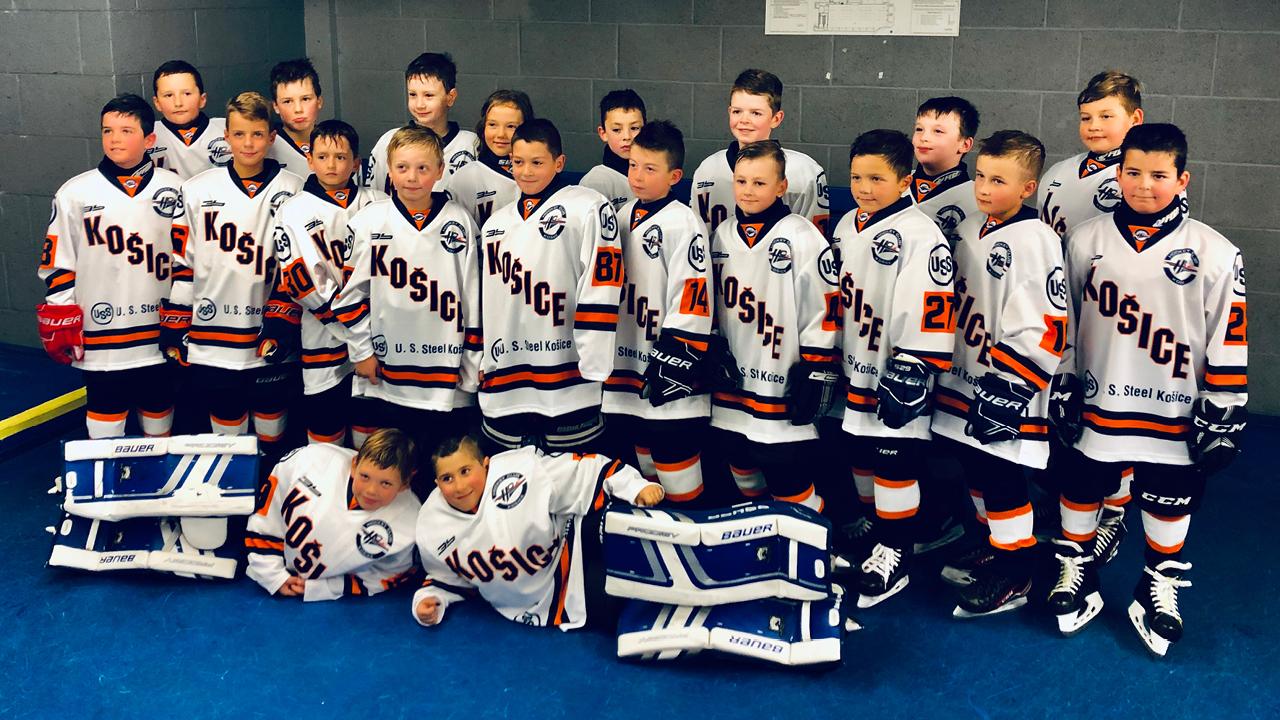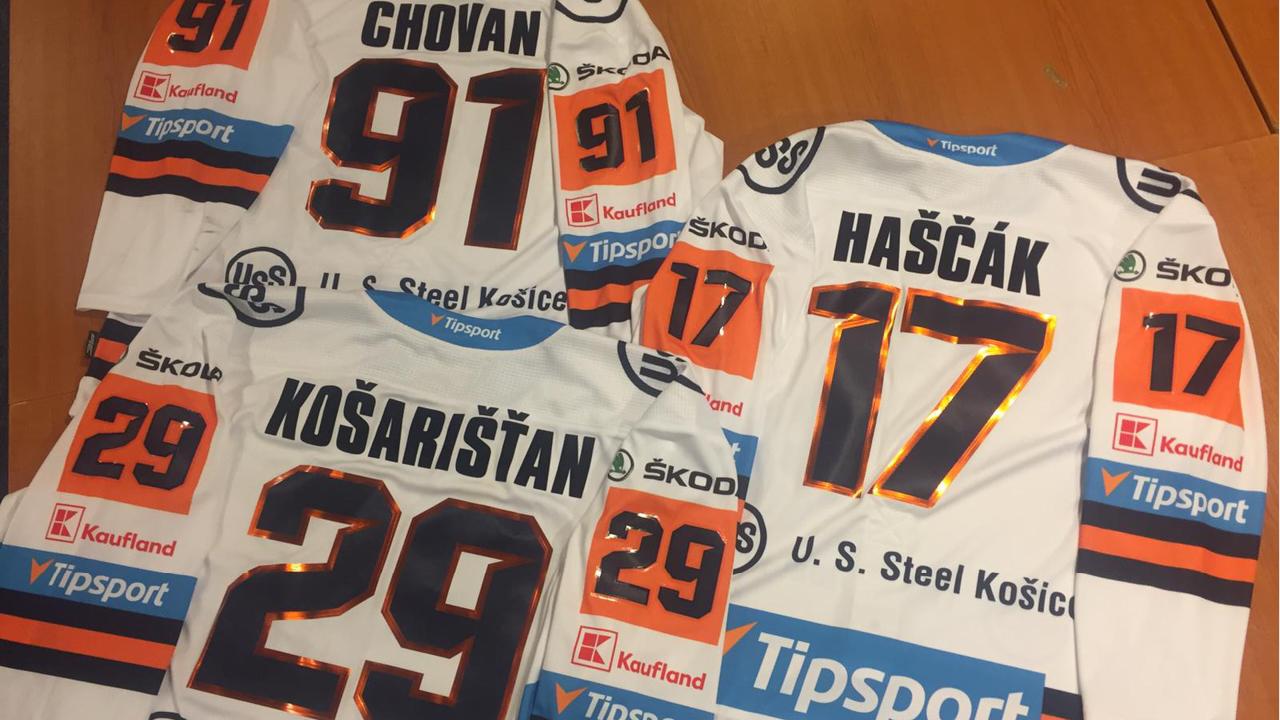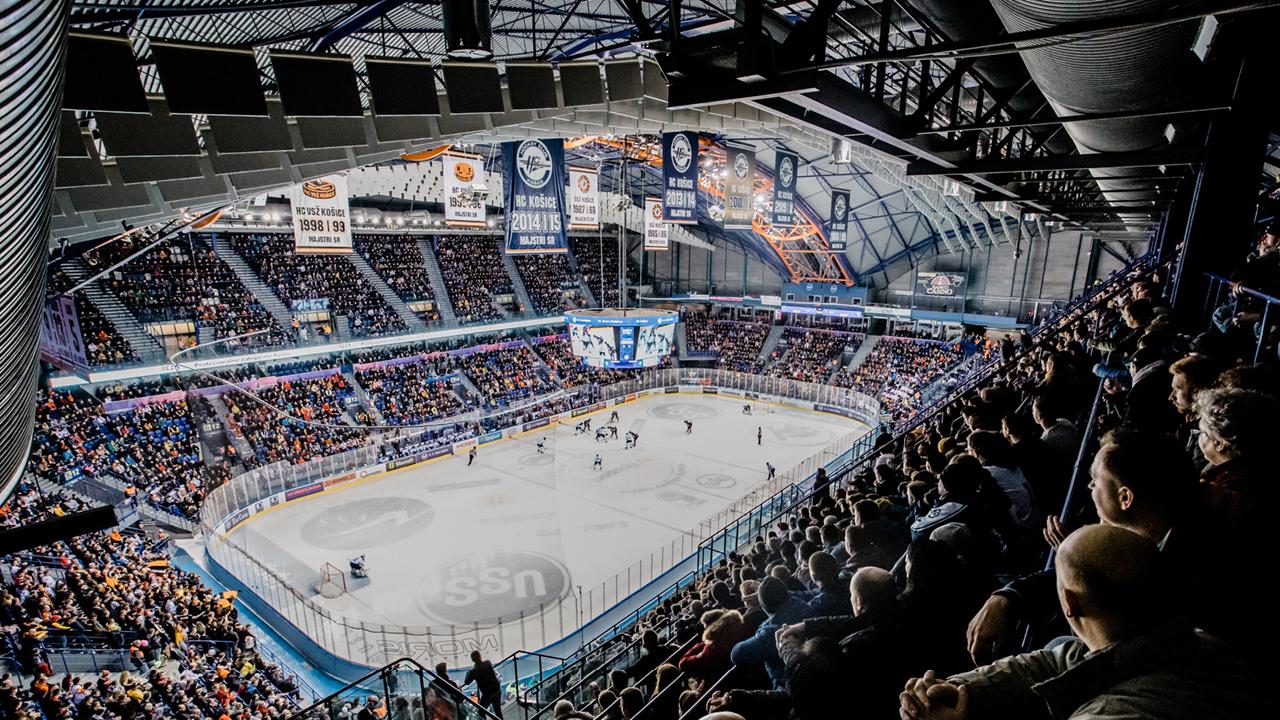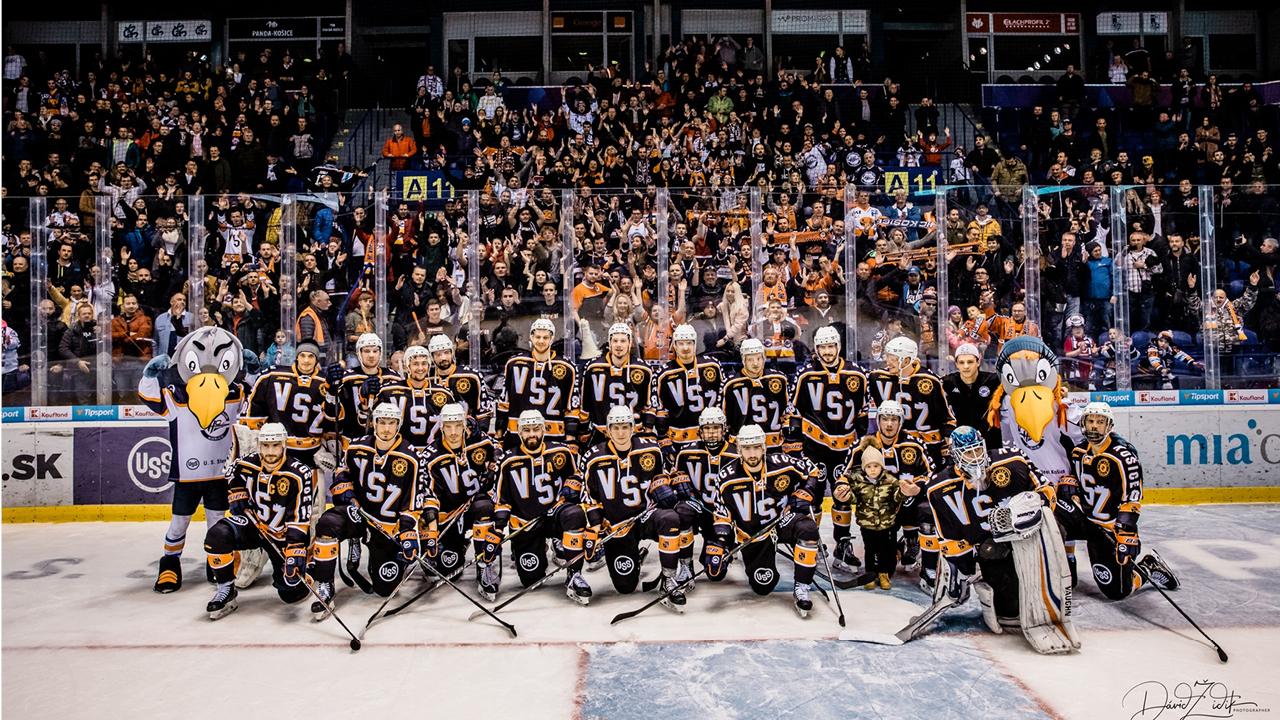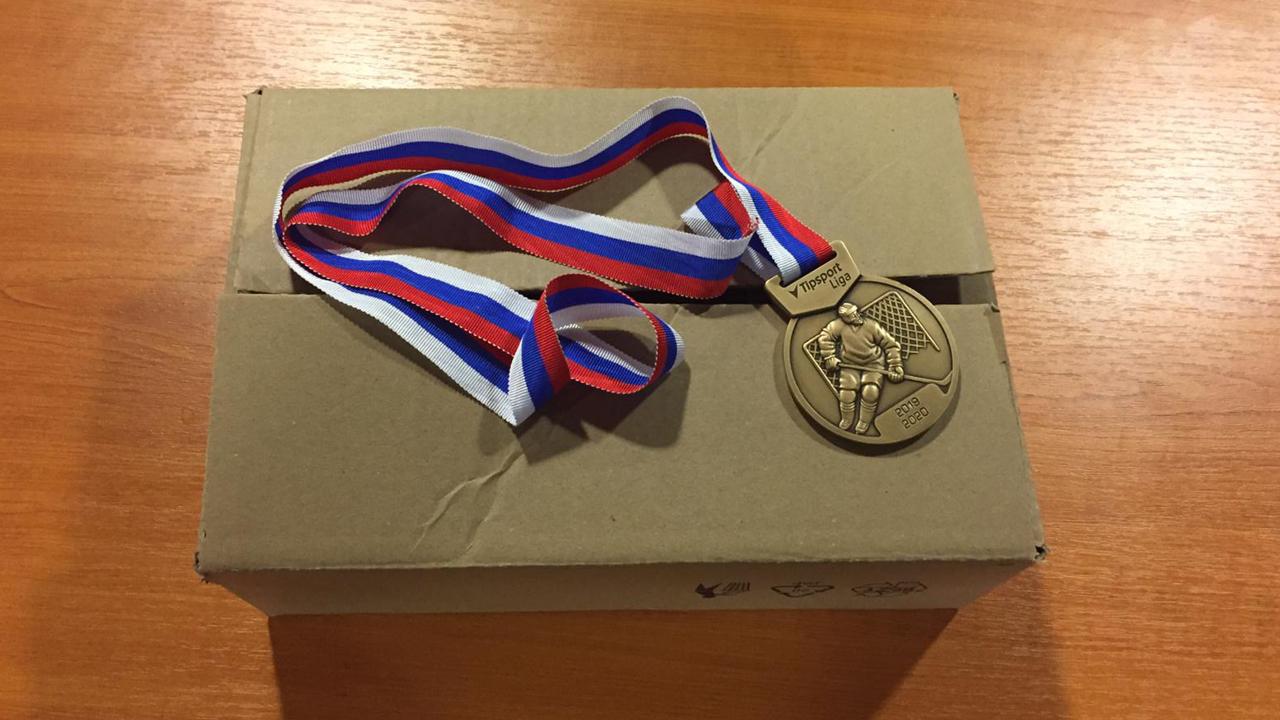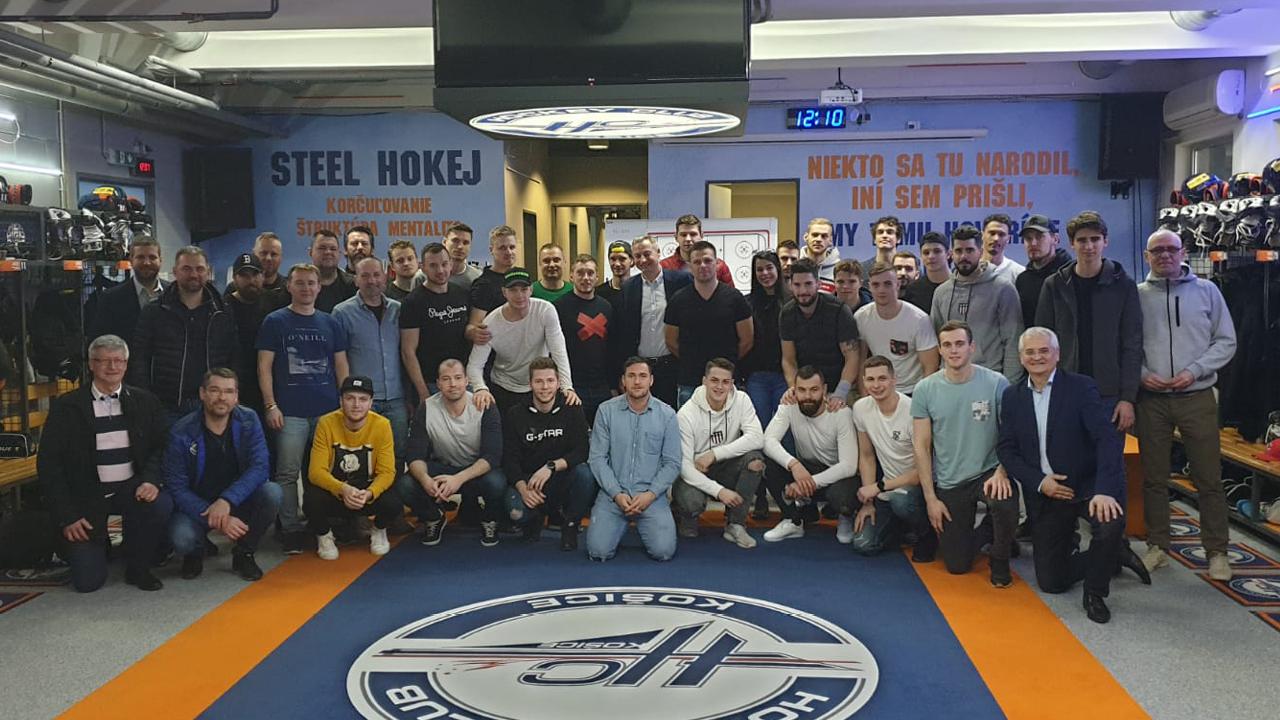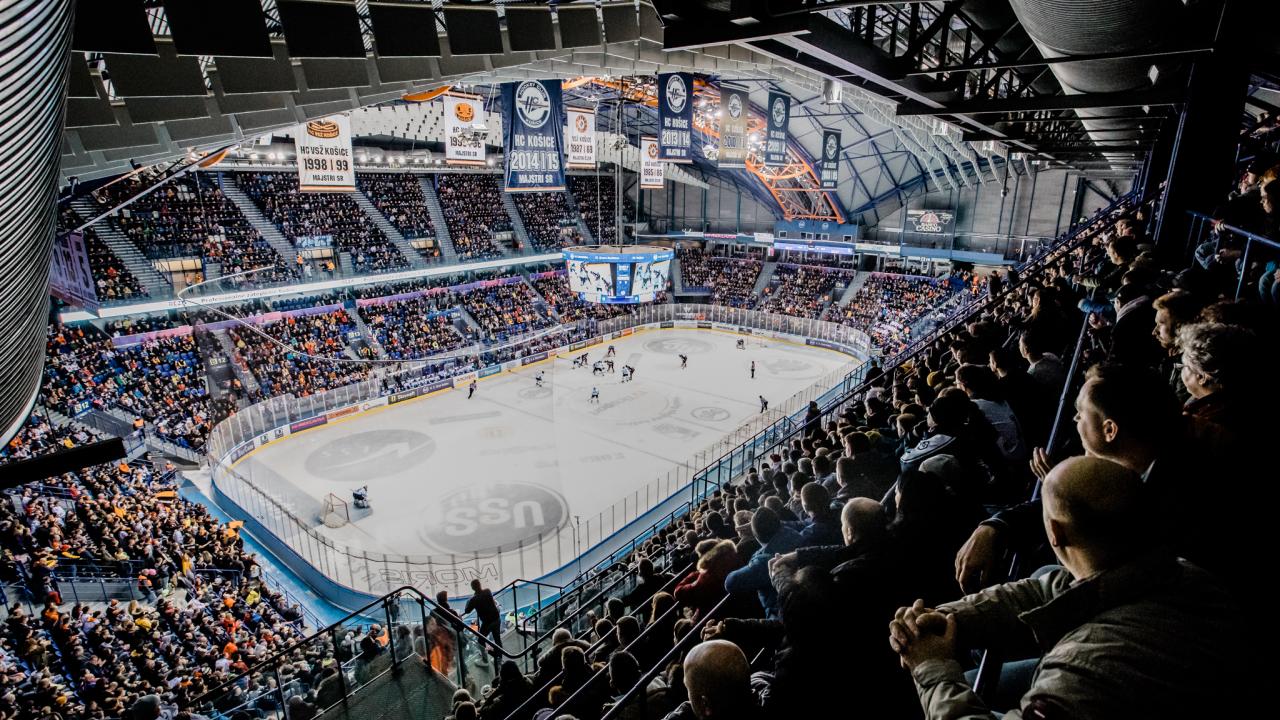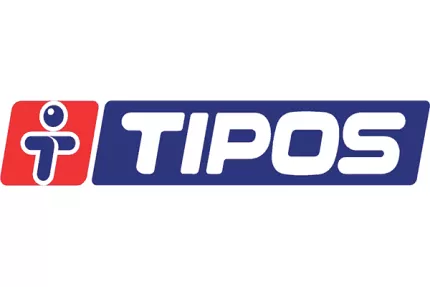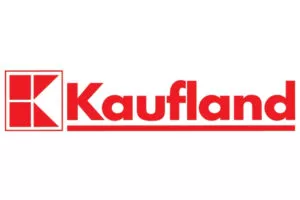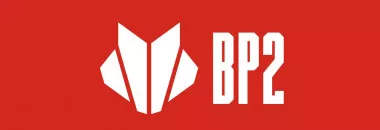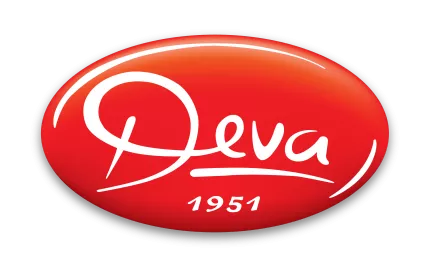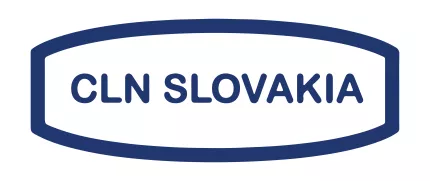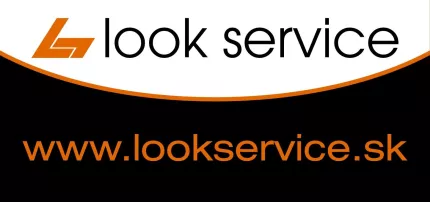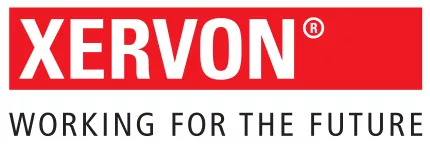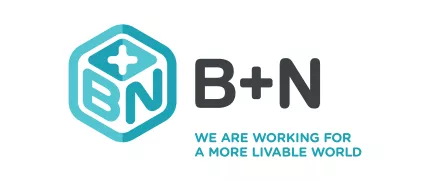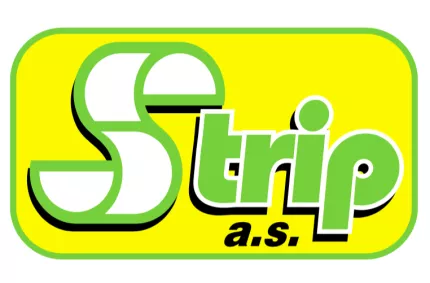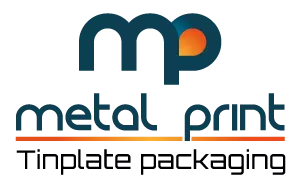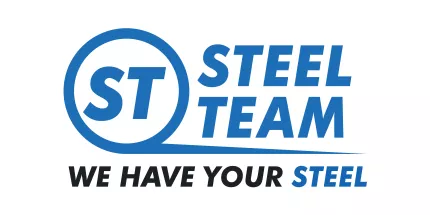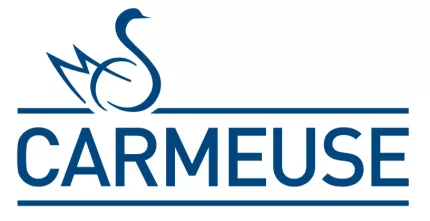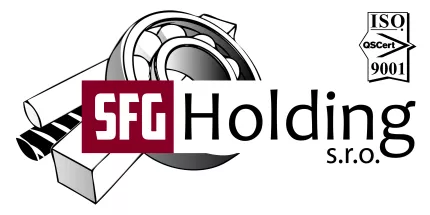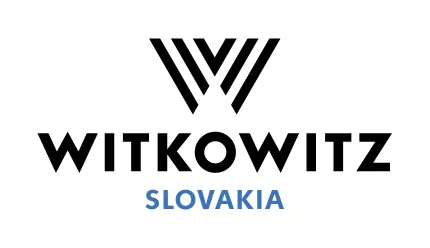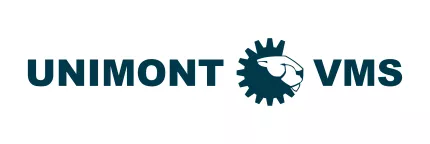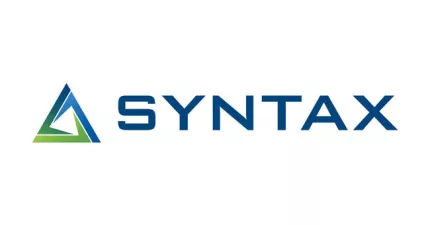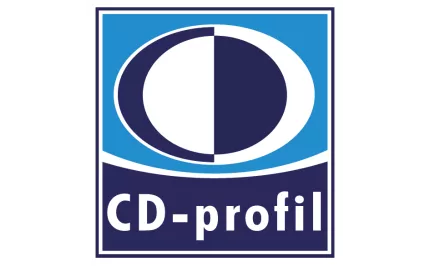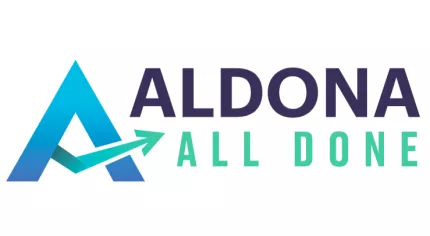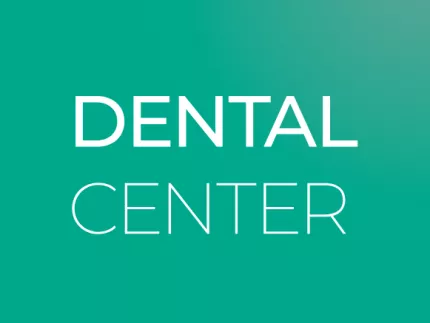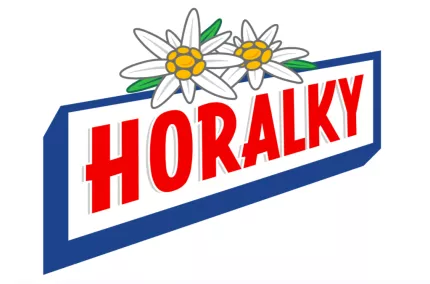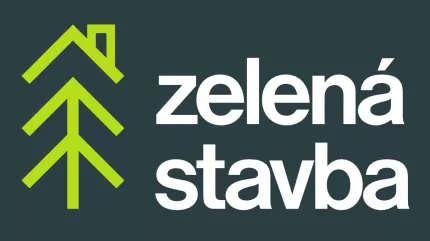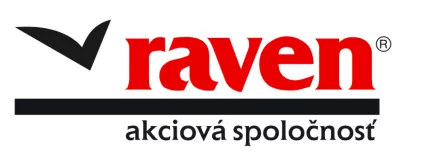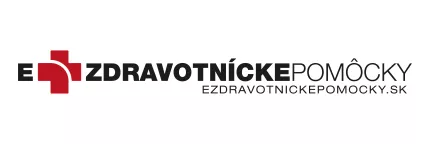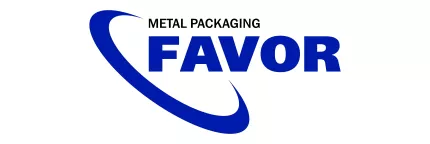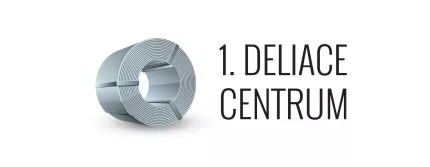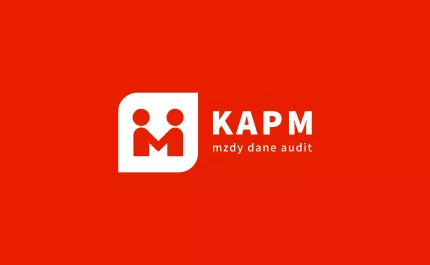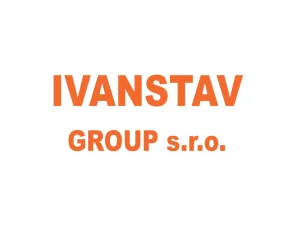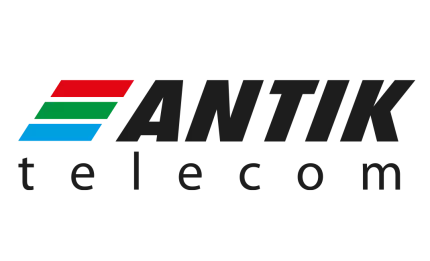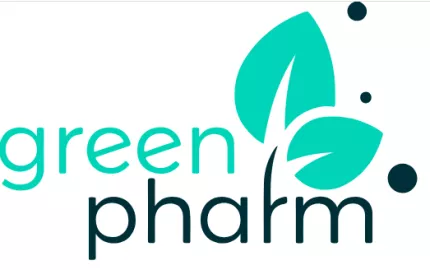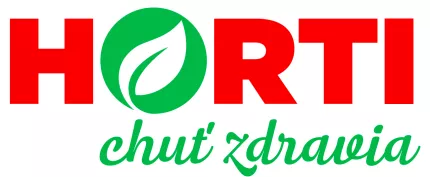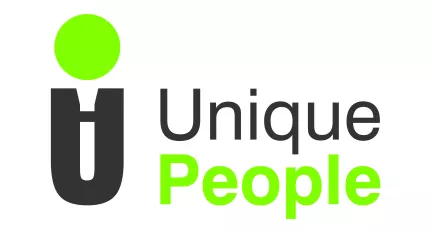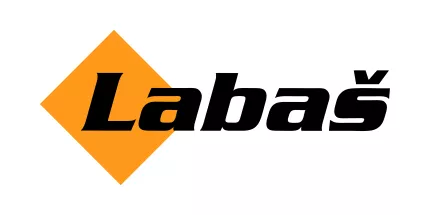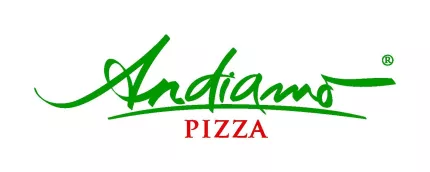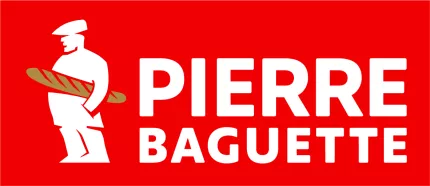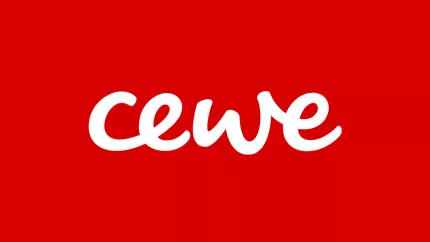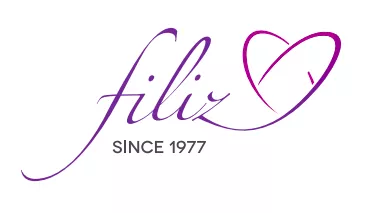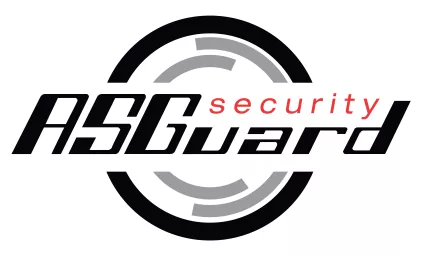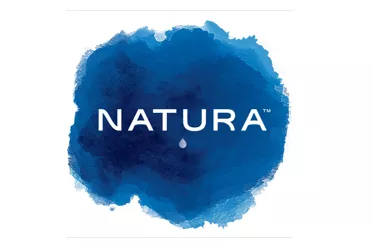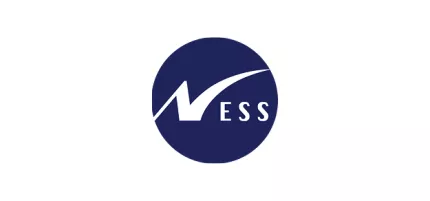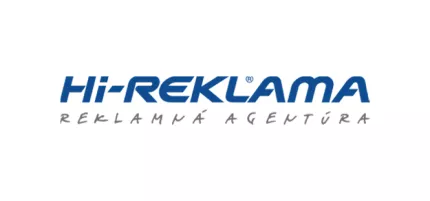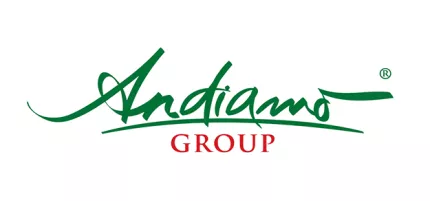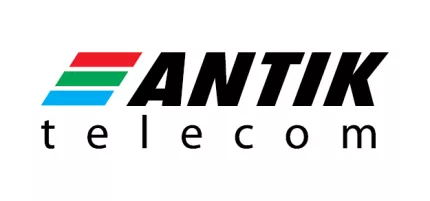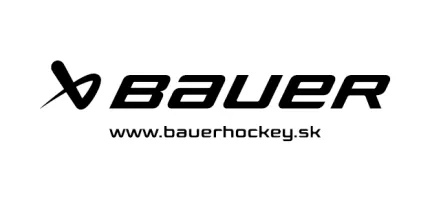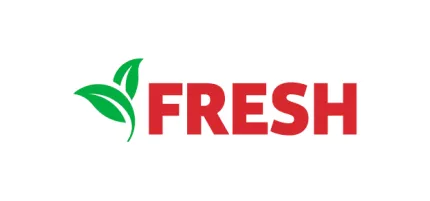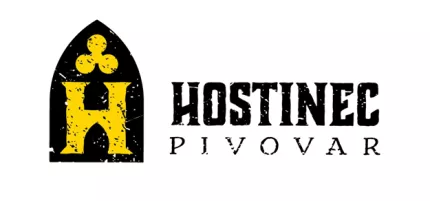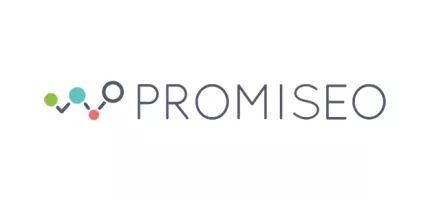Jukka Tiikkaja visiting HC Košice: We develop players for the 21st century
Based on the invitation of the Executive Director of HC Košice Rastislav Rusič, today, the hockey club of Košice had 2 honored guests, experts for the development of ice hockey, a Finnish specialist Jukka Tiikkaja and a Slovak professional Dušan Benický, who has lived in Canada for almost 4 decades. It was an informal meeting with coaches of young players of all categories of HC Košice and other club representatives.
Jukka Tiikkaja has been in different hockey positions for two decades. After finishing his hockey carrier and university years he started to work as a coach and coached also Finnish coaches as a head of the Finnish educational system of hockey coaches. He was also involved in opening of the Asian branch of ice hockey in Japan and currently cooperates with the Finnish Ice Hockey Association and - since September this year - also with our Slovak Ice Hoceky Associaiton. His task in Košice is to create an integrated couching system and a project, which will help us attract new players into hockey, as well as create such an environment that will support our players in further development and fulfillment of their potential.
Dušan Benický operated with organization Vancouver Canucks but also gave lectures at a university. He is currently in the Slovak republic based on the request of Miroslav Šatan.
The guests presented the background of their present activity in Slovakia and a rich discussion started to run in a friendly working atmosphere.
“In the first place, I work on utilization of all available sources for personal development of experts, particularly on how the specialists of different fields develop, so I’m mostly concerned with their development. If we want to bring up players for the 21st century, then we should remember the fact that it’s as important to work on physical and hockey abilities, as to improve mental and personal side of players. Players can’t only be the receivers of the training process; they must be part of it.” Stated Jukka Tiikkaja. “However, if we want to bring up players for the 21st century, it’s beyond question that we need to enhance also the preparation of the couches. Therefore, it’s necessary to turn away from the standard stereotypes. As a teacher teaches his students the way he used to be taught by his teacher in his youth, the same goes with the couches who tend to remain on stereotypes. But today, they must master many new elements, for example human communication including building a relationship with parents. The second thing is setting the goals of their work. Along with this, it’s necessary to choose also the methods of accomplishing these goals and finally, the evaluation of these methods matters, whether the aims can be achieved by using them. The 3rd thing is the content of the trainings itself. To what extent does the receiver of tasks and training content understand the whole process.” Said the Finnish expert, by what he also determined the direction of the discussion.
Current “task of the day” in the Slovak republic is to find out what must be done to make children participate in hockey preparation so that they can improve. “I was surprised, that only 1,5% of children in Slovakia are engaged in hockey. Before I came here, I had the idea that Slovakia is a strong hockey country, where everyone can hold a hockey stick. Therefore, it’s crucial to find out what would help attire more Slovak children to hockey.” Told Jukka Tiikkaja.
“Nowadays, the world is based on the effort to make life easier. It results into the fact, that also Canada shares such problems as you know here in Slovakia. Canadian children also have mobile phones and other conveniences and interests arising from their usage. In times of our youth, sports meant kind of an expression of freedom, as well as for the artists. Today, the situation is completely different.” Explains Dušan Benický. “Therefore, the most important is to free the emotions of children and let them flow, so that the children acquire emotive experiences. We have to coordinate the work of various committees that are already working today.”
After a short opening lecture of the Finnish expert participant started to lead a lively discussion exchanging the whole line of interesting observations.
“In the past, we could already skate when we entered the hockey club for the first time. Nowadays, children learn to skate in the halls. We could use natural ice rinks to enhance our skills. That’s what today’s children miss.” Stated coach of the young players Mojimír Božík, as one of the examples.
“We all remember playing hockey on natural ice rinks. Today, even if we have artificial ice rinks, it’s not the same as it used to be. How can we change it? Currently, it feels like the system makes decisions instead of the children themselves who are preparing in a limited period of time. Hence, we need to provide afternoon activities for children, to allow them devote their time to various sports chosen by them personally and especially to hockey up-to 15 hours a week, if they wish so. We need much bigger base. We need to unify the movement. We need model centers. „added Jukka Tiikkaja to the running discussion. “Price of this sport and expenses related to it are a huge problem also in Finland. That’s why we try to cut the expenses of parents as they pay enormous monthly charges which keep increasing. Our clubs try to communicate with the parents and involve them in the course of events. It’s not easy, because opinions on hockey differ.” revealed one of his reflections the Finnish expert.
Workday later moved to the training ice rink in Steel Arena and the participants could exchange their experience during a training of our hockey youth.
Rastislav Rusič, the chief executive officer of HC Košice: “Both gentlemen are world-wide hockey authorities. They came to Slovakia with the aim to help capture the universal trend of players’ upbringing. Since it’s still a long way to Košice, I made use of the fact that there is a program these days in Košice. The goal of this informal meeting also with the presence of our coaches was the first contact, to get an idea what will our agenda be, what aims and steps to expect within short-term and long-term time horizon. In our club we have certain ides, we want to follow our own way, however, it is important to be open to new and especially other solutions, therefore I do believe that we will have more meeting like this. Should our way is the “model” one, we will be even more thankful.
